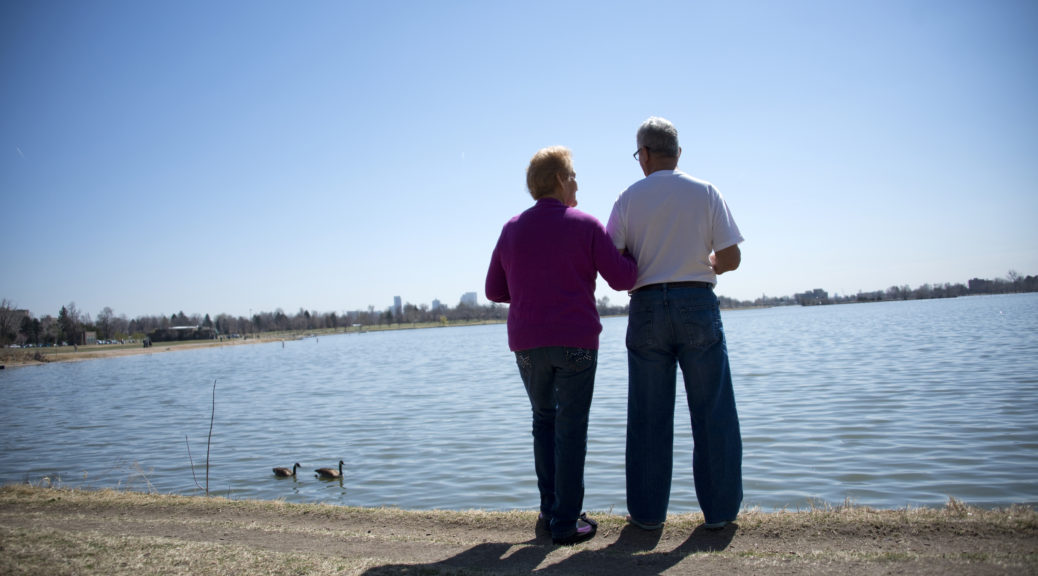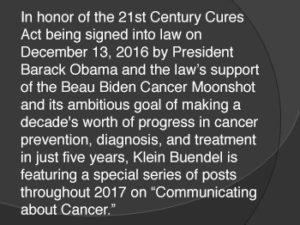
Trust – Part 1 of 3
Strive to be Straightforward, Steadfast and Sincere
*Names have been changed to protect privacy.*
Seven months pregnant and eagerly anticipating the arrival of her first baby, Caitlyn Green’s world dramatically changed. A lump! Breast cancer. She’d always had nearly perfect health, but now she worried.
Caitlyn had read all the bestselling books expectant mothers read. The books told her to avoid caffeine, limit fish intake, and exercise wisely. But they didn’t address this. This situation was not the norm.
Caitlyn’s doctor became her information lifeline. He explained that it’s safe to have some types of chemotherapy while pregnant. She was still anxious for the baby until Alissa arrived with a full head of hair crying loudly. The hair meant that the chemotherapy hadn’t crossed the placenta to the baby. Caitlyn had no hair.
Right after Alissa was born Caitlyn had a double mastectomy. She was told not to lift anything heavier than 10 pounds, including her baby. So, other people would hold and carry Alissa for her. It was a tough thing for Caitlyn to watch. She desperately wanted to be a hands-on mom, but this cancer journey required that she put her trust in other people.
Trust is a significant part of Caitlyn’s relationships with her husband, family, friends, coworkers, and medical team. In trusting relationships, we expect others to act in a way that is caring and respectful of our interests and needs.
There are different levels of trust. How long we’ve known someone can influence how much trust we have in them. We are less likely to trust a stranger than a close friend.
How dependent we are on someone also affects trust. For example, cancer patients are highly dependent on medical professionals. Trust is essential in those relationships because of the life-threatening nature of the disease. For oncology patients, trust between the patient and physician is usually based on the doctor’s competence, honesty, and interpersonal communication skills. Cultural and language differences can also influence patient trust.
Studies have shown that when patients trust their physician they are more likely to stick with their recommended treatment plan, are more satisfied with their doctor, are more involved in making decisions about their care, and are more likely to improve.
Caitlyn trusted her oncologist because he treated her as a unique individual. He asked about her goals. “My first goal is to have a healthy baby,” she told him.
“I’m going to put that second on your list. What are your other goals?” he asked.
“To be free of cancer,” she said.
“OK. I’m going to put that first,” the doctor said.
“I want quality of life,” Caitlyn added.
He asked if she wanted more children. She said that she did. He put that on the list. Then he came up with a specific treatment plan based on her goals. The personal attention she received from her oncologist and nurses, combined with their transparency, sincerity, and empathy helped to create trusting relationships.
The Benefits of Trust in a Relationship
Relationships depend on cooperation to reach mutual goals. Cooperation is built on trust. Trust is built on truthfulness, sincerity, and reliability. It’s doing what you say you will and being consistent.
For each trust statement below1, answer “agree” or “disagree.”
- Most people are basically honest.
- Most people are trustworthy
- Most people are basically good and kind.
- Most people are trustful of others.
- I am trustful.
- Most people will respond in kind when they are trusted by others.
If the answers are mostly “agree,” then a higher level of generalized trust may be present. This means more trust in other people. If answers are mostly “disagree,” a lower level of generalized trust in other people may be present.
Trusting relationships provide opportunities for self-disclosure, communicating love and support, and offering a deeper level of respect to others. Relationships with a high level of trust are usually more stable.
It is not unusual for individuals on a cancer journey to limit what they disclose. Sometimes patients and caregivers do not share their deepest feelings, fears, or plans with family members or close friends. They may want to protect their loved ones and not cause any worry. They may not want to appear vulnerable. They may worry about how others will react. Or they may need to talk to someone they think is “neutral” or “objective.”
Although Arturo Hernandez discussed his prostate cancer with his wife, he didn’t want to appear weak to his family and friends. One friend, however, became sort of a cancer coach. Arturo called him every day — sometimes to cry, sometimes to ask for advice. The friend was older, experienced, not too intrusive, and Arturo felt he could open up to him. “He helped me to see things clearly and fight,” Arturo said. “I appreciated all that he was doing for me. That there was someone I could trust.”
Some people want friends and family closely involved in their cancer journey. That was the case with Diane Martin and her husband, Nate, who was diagnosed with Multiple Myeloma. Their two daughters and Nate’s parents and siblings all played a part in Nate’s care. They knew what was happening to him and were free to offer suggestions. As cancer overwhelmed his body and chemotherapy caused severe personality swings, Diane and Nate also had to trust in each other to get through the darker times. A gentle and caring father, Nate was horrified when he would spiral out of control, screaming and yelling at his kids. Diane and Nate came up with the code word “D-day.” Any time he needed to calm down, Diane would take his hand and say “D-day.” Diane called their keyword system a lifesaver. It worked because of the trust they had in each other.
Trusting relationships can encourage people to share their thoughts and feelings and bring people closer together. Trust can improve communication, help with resolving conflicts, and empower people to share their hopes, dreams, doubts, and fears.
Trust in a higher power, fate, or spiritual beliefs can help some people cope with cancer. Others may lose faith or feel that they are being punished by God. Caitlyn Green’s trust in God made her feel as if she weren’t alone on her journey. Her husband shared her beliefs. Throughout the journey prayed together and had conversations about their faith. She trusted that her cancer was part of a bigger plan. “I can’t think of any prayer that hasn’t been answered. You have to stop and give thanks and be amazed,” she said.
Tim Hayes, on the other hand, is not religious, but he does trust science and statistics. When he was diagnosed with testicular cancer, he trusted the data which showed that testicular cancer had a high survival rate and was easy to treat. So, his attitude was, “I’m going to win.”
In both examples, Caitlyn’s and Tim’s trust made them optimistic about the likelihood that they would survive cancer. “I’m always scared of dying. I’m just not scared of dying right now,” said Tim.
References
1“General Trust Scale” from Yamagishi, T. & Yamagishi, M. (1994). Trust and commitment in the United States and Japan. Motivation and Emotion, 18, 129-166.

This research project was funded by a grant from the National Cancer Institute (CA144235; Dr. Wayne Beach, San Diego State University, Principal Investigator). Co-investigators included Dr. David Dozier from San Diego State University, and Mary Buller, Dr. Valerie Myers, and Dr. David Buller from Klein Buendel, Inc.